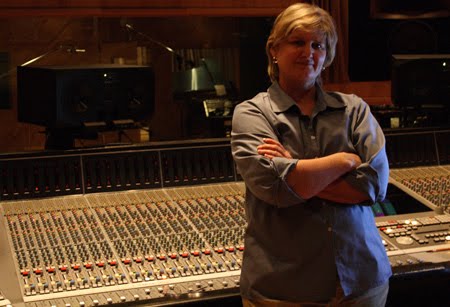By Kim Copeland (www.kimcopelandproductions.com)
Jan 2012
As we begin this New Year I’m sure we’re all making
resolutions about where we’d like to be this time next year. (I have decided the beach sounds good!)
I’m sure all of us would also like to be farther along on
the professional path. With that in
mind, I intend to write more articles in the Songwriters Connection that
pertain to crafting more marketable, commercial songs and to utilizing business
techniques that will accelerate your rise to success. I want to begin by putting this idea in your
head as you create your plan of attack for 2012.
Identify yourself! Create an identity for yourself as a
professional in the music industry.
Some of the ways to identify yourself are obvious (yet
surprisingly often overlooked). They
instantly separate the amateurs from the serious songwriters and artists. Here are a few fundamental ideas to keep in
mind for establishing your identity in the coming year.
Identify yourself when pitching your product. Put your contact information on EVERY piece
of material you give to ANYONE! Give
complete contact information; E-mail, phone, snail mail address. You would be very surprised at the missed
opportunities that arise from making yourself too hard to reach. Give them a chance to contact you. (If they
don’t, at least it won’t be your own fault.)
Identify yourself when you have the opportunity to meet
someone who might help your career. I’m
certainly not advocating annoying people you hope to work with, but don’t miss
an opportunity to be noticed either, by being too shy or too polite to say,
“Hello, my name is Bob and I am a songwriter.
I admire your work.” People love
being acknowledged and it could begin a conversation that pays off down the
road. Give them a chance to remember you. (They can love you or hate you, but do not
let them ignore you!)
Identify yourself in your writing style. If you are an artist, you strive to create an
original vocal sound that utilizes your unique singing ability. If you are a songwriter, you should do the
same. Everyone has a unique sense of how
they use language, phrasing, rhyme, meter, rhythm and structure. One style does not fit all. Use what comes naturally to you. Identify what makes you unique in your
writing style and they showcase it to the world so that it becomes synonymous
with your name.
Identify yourself by the sound quality of your
recordings. They are your first
impression and will tell the music community where you belong on the ladder of
success. Give your songs the best
presentation you can. Set the bar for
what producers, publishers, artists, A&R should expect from you so they are
anxious to open the envelope when you mail or drop a new song off to them.
With the opening of my new studio, Ragtop Recording, I have
already put my money where my mouth is.
From the vintage Trident console to the latest ProTools and digital
outboard gear, it will take every recording I produce to the next level and
beyond! The sound quality is amazing and the vibe is warm and relaxed. It will
help me to identify myself even further with my unique producer’s voice. More importantly, it helps me give you and
your songs a strong new identity to help them stand out and take you further
faster!
Create your identity this year and find your place in the
music community that you want to be a part of!

